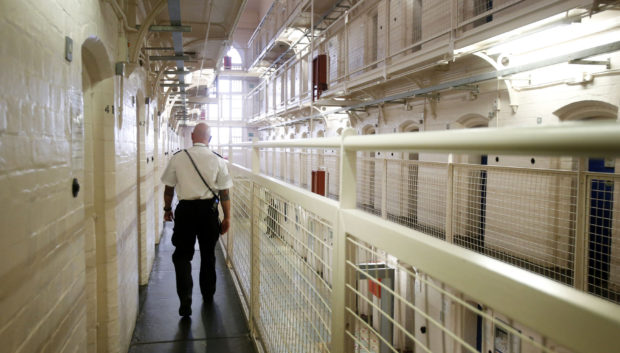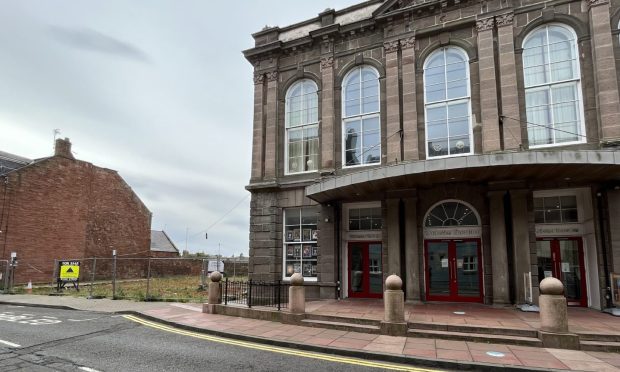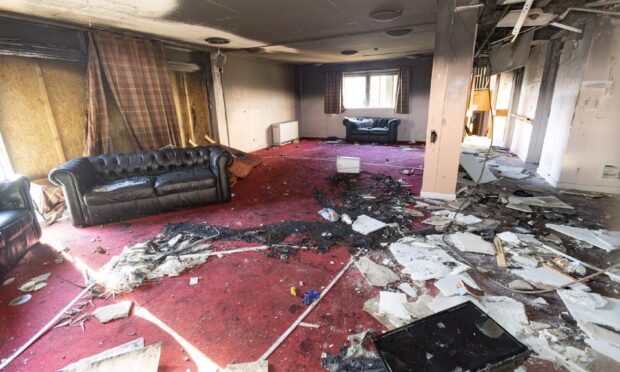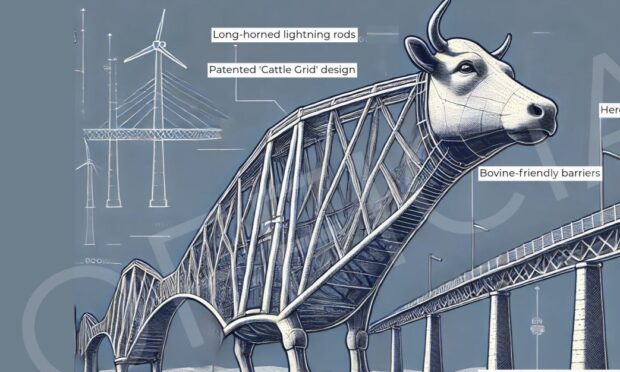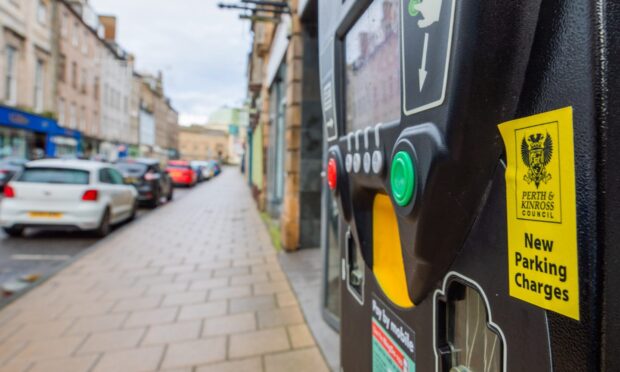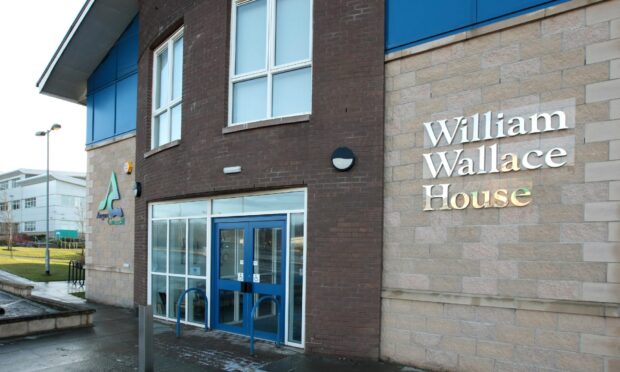Councillors have clashed over the issue of presumption against short sentencing for Angus criminals after a suggestion the scheme will cost taxpayers six figures in its first year.
Forfar Conservative councillor Braden Davy said he wanted “close monitoring” of a move to extend the presumption of short sentences from three months to 12.
Mr Davy said the Scottish Parliament’s justice committee had been told that because a discount of one third is applied to early guilty pleas, sentences of 18 months could be brought within range of the presumption, resulting in such offenders getting community disposals.
“Violent criminals who attack police, paramedics and firefighters could be let off the hook. The SNP needs to think again on this,” said Mr Davy.
He added: “Council officials have informed me there has been an increase in funding to prepare for the presumption against short term sentences, this amounted to £103,700 for 2019/20 – the projections undertaken indicate an expected 7.5% increase in community sentences.
“This means taxpayers are paying over £100,000 in Angus to keep potentially violent criminals in the community.
“This puts the public at risk and is very concerning for me. It is something we need to monitor,” said Mr Davy.
He raised his concerns to a council policy and resources committee which considered a report on short sentences, which emphasised sentencing would still remain dependent on judicial decision-making and custody would still be imposed when a community-based alternative was not deemed appropriate.
Monifieth and Sidlaws SNP councillor Sheila Hands said: “It costs a lot more to keep people incarcerated.
“While it may be a presumption, it is also not a certainty.”
Ward colleague Beth Whiteside added: “There is also much less incidence of re-offending among people living in the community that those who are incarcerated.”
Scottish justice secretary Humza Yousaf recently announced the formation of a group of experts to try to improve community-based alternatives to prison.
The body, drawn from the police, community groups, criminal justice organisations and local council, will work on ways to strengthen community justice and custodial alternatives while trying to demonstrate how they can support rehabilitation of convicts and reduce reoffending.
